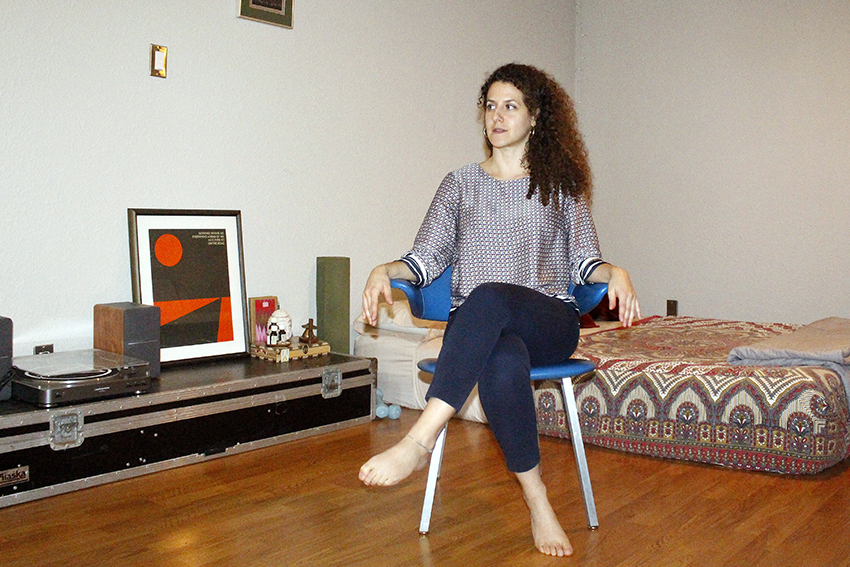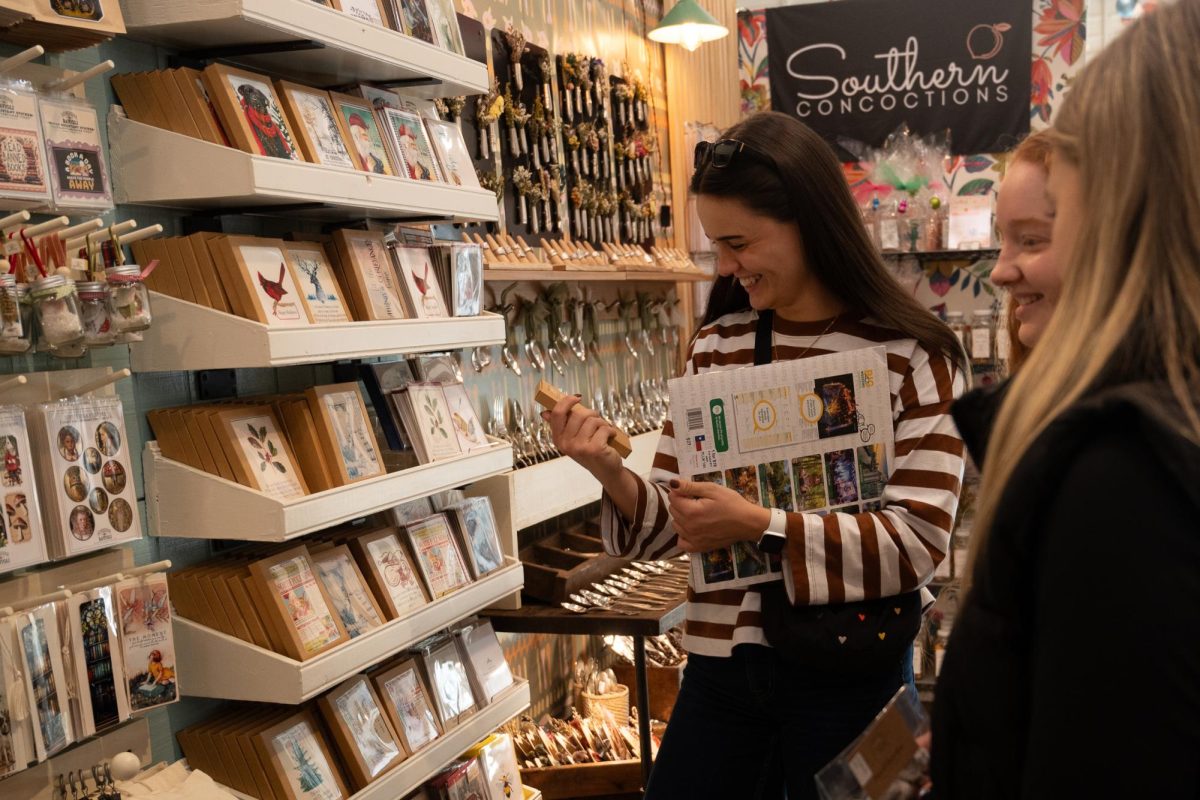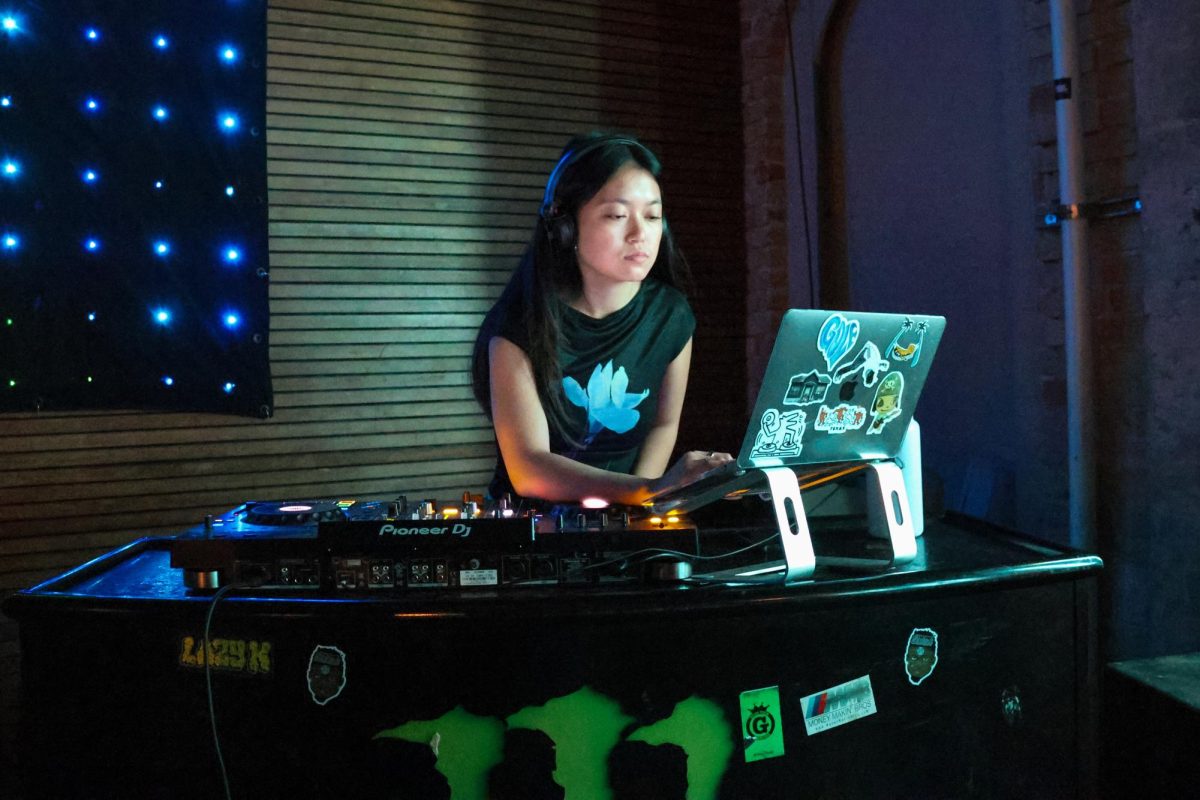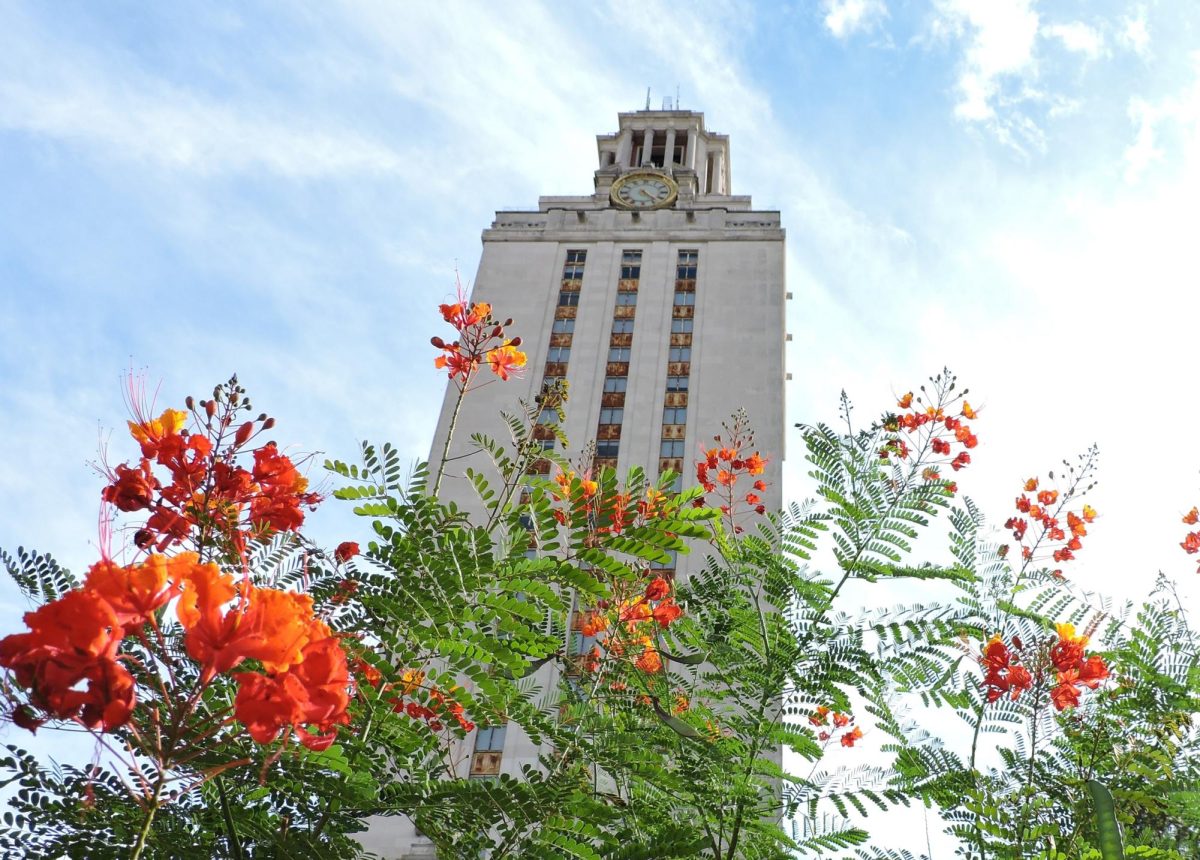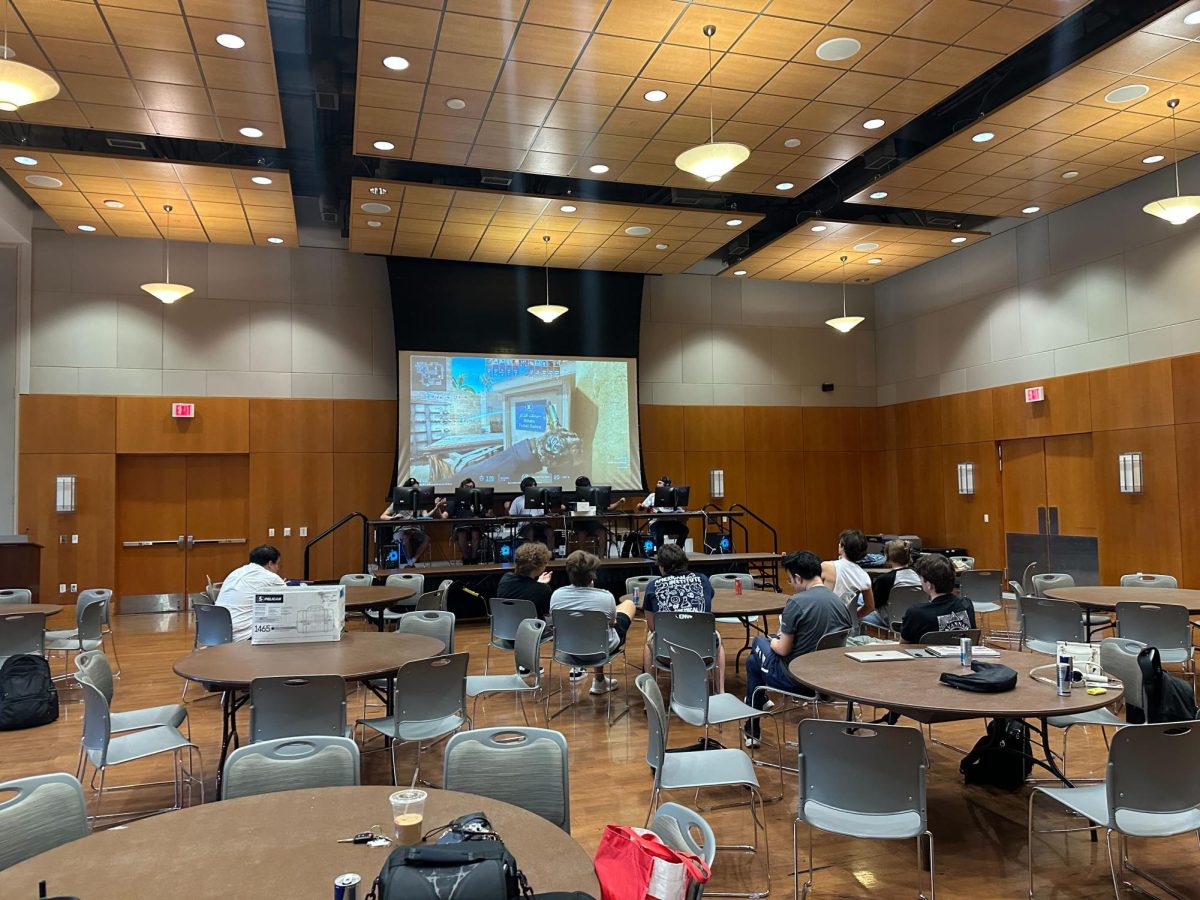There’s a feeling of tranquility and purpose inside one Austin apartment that escapes most other living spaces. It doesn’t have a TV, a bed frame or a couch. That’s because Dara Zycherman, a professional organizer, chooses to fill her surroundings with only meaningful items.
Zycherman practices minimalism, a concept related to thinking more intentionally about important possessions and removing items that distract. There are no rules on what is meaningful enough to keep. Zycherman is still able to focus on her passion for music, the reason behind the instruments in her apartment.
“Whatever your priorities are, pick out the very specific objects that help you do those things,” Zycherman said. “You don’t keep things because you feel guilty or (because there’s a small chance) you might need it.”
Perhaps you’ve heard of minimalism on Pinterest or Instagram from aesthetically pleasing images of rooms with white, clean walls and a single houseplant. To Zycherman and other Austin minimalists, this lifestyle gives them space to focus on the important things in life and has been part of their lives for years.
Rachel Enav, a second-year law student, said her minimalist lifestyle began when her family’s Houston house was flooded in the 2015 Memorial Day floods.
“Losing so much and seeing all the things that you never used made me realize that, maybe, I don’t need all of it,” Enav said.
Enav said watching “Minimalism: A Documentary About the Important Things” gave her the push to transition into a minimalist lifestyle.
Adapting to minimalism can be difficult, according to Whitney Jory, administrator of an Austin minimalist meetup group on Facebook. She said she found that trying to combat her shoe addiction was a difficult process. It wasn’t until a 14-month shoe ban that she stopped seeing shopping as a hobby.
“It was a process,” Jory said. “It still is, but during the ban, I began to appreciate the shoes that I had.”
Each minimalist has different reasons behind the practice, from saving money to saving the planet.
Jory said she was able to save up $10,000 to travel to Norway with the money saved from her shoe ban.
“This lifestyle makes it easier for me to enjoy the little things,” Jory said. “Without minimalism, I wouldn’t have been able to travel as much.”
Zycherman explained that sustainability is one reason that drives her lifestyle but that most importantly, it was a journey inward.
“People tend to buy things when they’re feeling sad or unfulfilled, and stuff will make them happy,” Zycherman said. “Once you pull that away, you’re left with yourself and the things that you care about.”
Minimalism isn’t just about the material possessions. Jory emphasizes that there are more components to the idea.
“You can apply minimalism to every part of your life,” Jory said. “It starts with stuff, but it’s healthy to reevaluate your relationships as well.”
Jory said minimalism helped her let go of people that weren’t supporting her. She also learned to be clear about her boundaries to forge better relationships.
Because college is a time of transition, Zycherman said she wished she had known minimalism was an option at the time.
“You’re probably moving from a place like your parents’ home to a dorm,” Zycherman said, “That’s a downsizing process, so use that time to be aggressive (in) getting rid the stuff you don’t need.”
For many, it’s hard to imagine letting go of old clothes, mementos or things you might use sometime. Zycherman emphasizes that minimizing your possessions isn’t a negative.
“Occasionally, you’ll remember something you’ve gotten rid of,” Zycherman said. “There’s something beautiful in having a memory because a little bit of loss is not bad, it’s just growth.”

